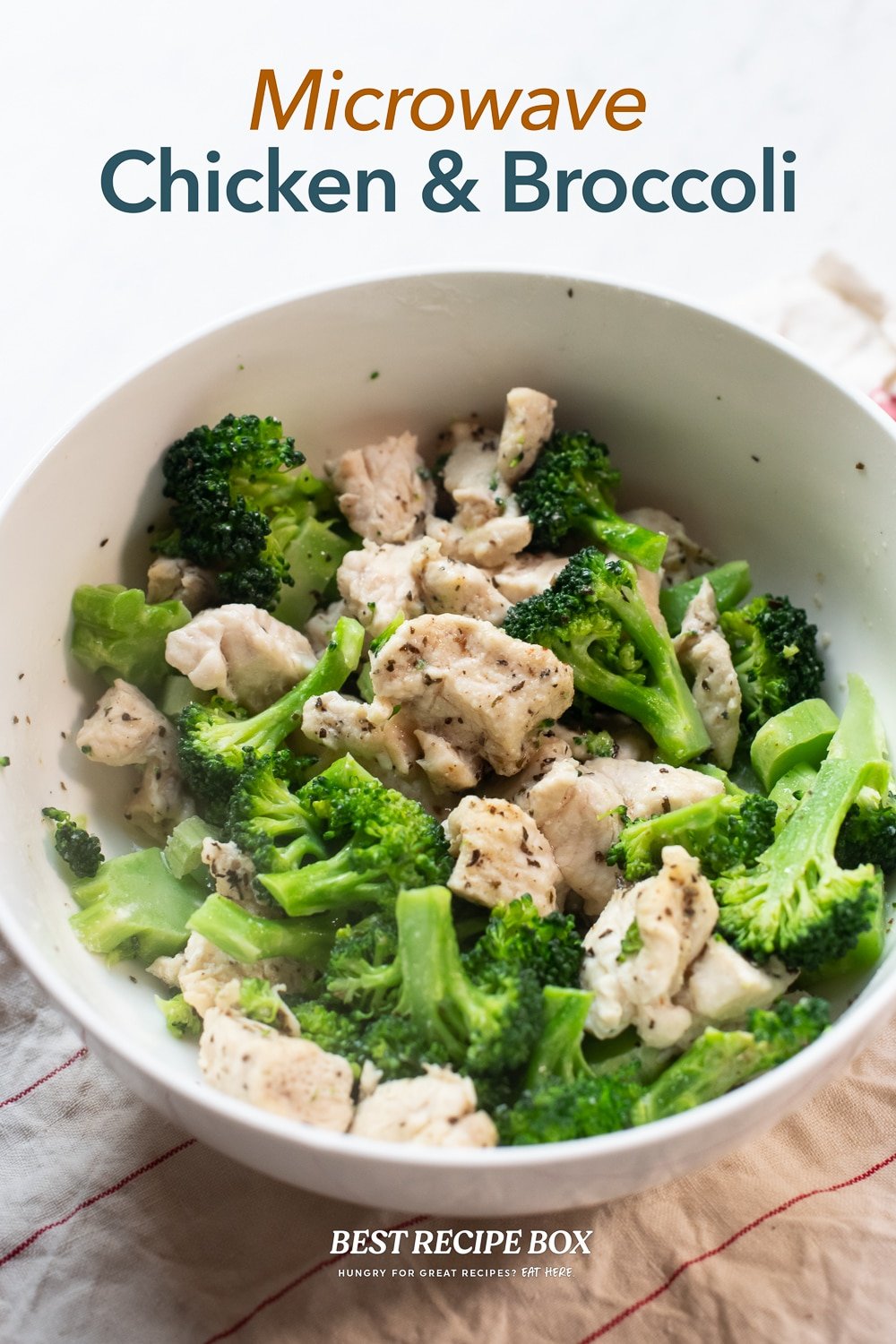Almond Oil For Cooking
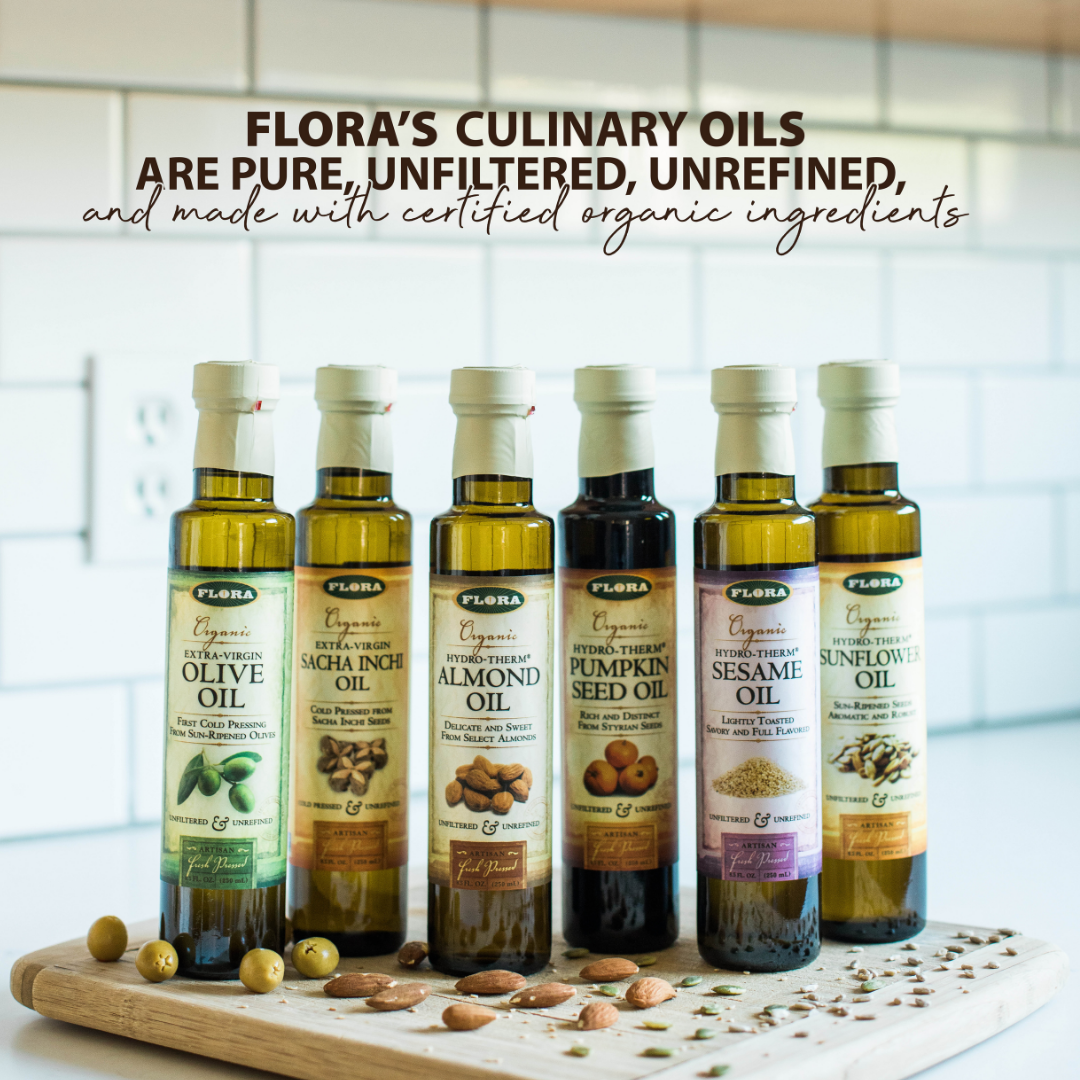
How to prepare almond oil
Almond oil offers a light, sweet taste and can make a great addition to any dish. Since it does not have a high smoking point, raw almond oil is a good choice for finishing your meal.
It is possible to use refined almond oil in cooking techniques such as roasting or sauteing. Due to being exposed to high heat in refinement, the refined almond oils may lack natural nutrients. Avoid almond oil if you are allergic to nuts.
Almond oil can be used in your beauty regimen. The oil can also be found in many other over-the–counter products. A small amount can be rubbed into the skin or scalp of your frizzy hair. Essential oils can also be used in this oil, making it a carrier.
Some ways to use unrefined, refined almond oils in recipe:
For extra flavor and healthy fats, sprinkle some almond oil onto your pasta.
Use unrefined almond oil as the base for homemade salad dressings by combining with herbs and apple cider vinegar.
You can use it to dip your bread in.
You can use refined almond oil for stir-frying or sauteing vegetables. It will give your dish a subtle, nutty taste.

Almond Oil For Cooking
Both cold-pressed and refined almond oil can be used for cooking. The way you cook with almond oil will depend on the oil type. This article will provide information about almond oil and its use for cooking.
It is possible to use either refined or cold-pressed almond oil in cooking. The way you cook with almond oil will depend on the oil type. This article will provide information about almond oil and its use for cooking.
Most nuts contain high amounts of oils, which is why they are popular, like almonds, peanuts, and hazelnuts. Regarding almonds, approximately 50 percent of their weight are composed of oils. Almonds are also used to create flavorful oils. You will see two varieties of almond oil available on the marketplace, each with a different source. You can find regular almond oil from bitter almonds. The sweet oil, which comes from sweet almonds (dulcis), is the one you will see on the market.
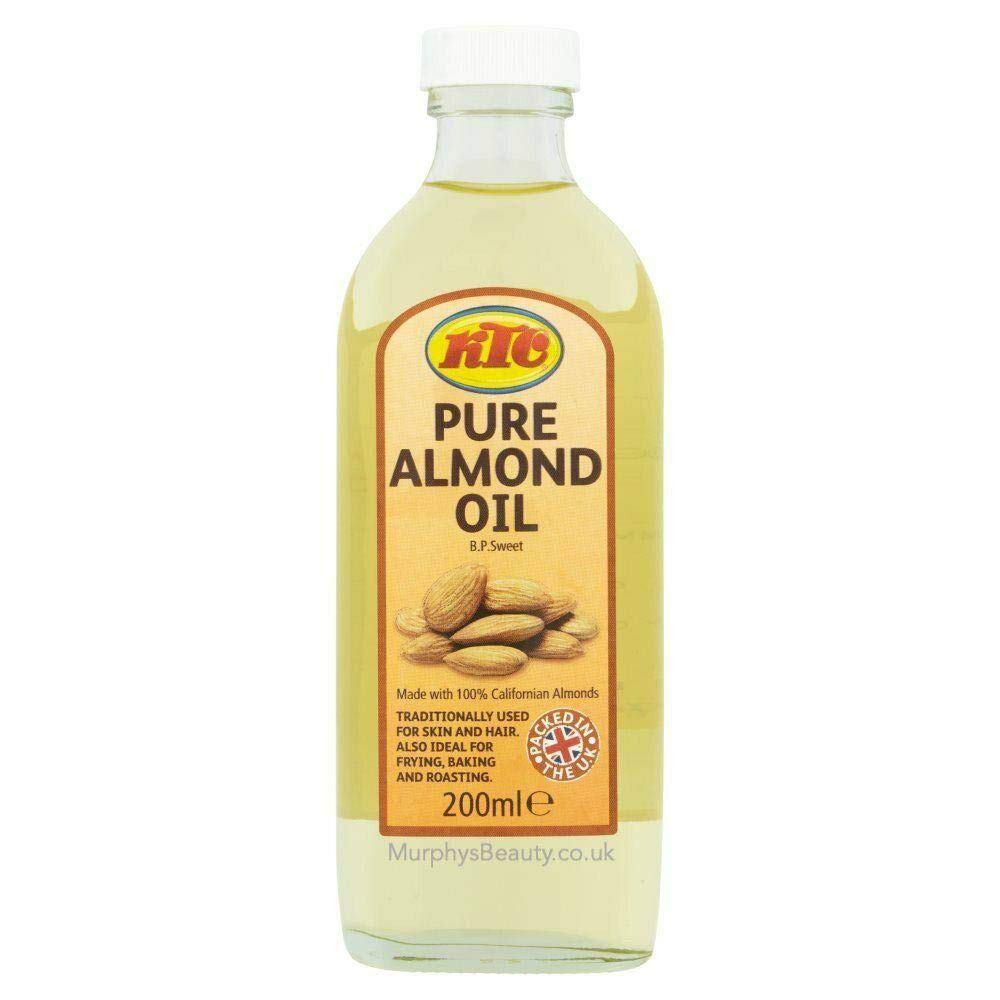
Cooking With Almond Oil
Almond oil is used in beauty and healing products. There are many who still have doubts about using
How To Prepare Almond Oil
“>almond oil for cooking. It can be used to make salad dressings, bake goodies, and fried foods. You will be amazed at the many benefits that almond oil has to offer. You can use almond oil for many purposes, such as beauty treatments, aromatherapy, and medical practices. It is both a culinary and curative oil.
When it comes to almond oil being used in cooking, the most popular oil that uses bitter nuts is the one we use. Sweet almond oil can be used for cooking purposes. However, sweet almond oil’s strong and nutty taste isn’t suitable for cooking. So sweet almond oil can only be used for hair care, skin care and home remedies. You can also find regular almond oil in flavorful and refined forms.

Almond Oil is Good for Cooking
It is essential that you use the highest quality cooking oil at all times for your family. It is one of the fatty ingredients that we use regularly in cooking. Nut oils are generally healthier choices than regular oils. Nut oils are rich in fats. However, they have very high calories. What makes them different is the kind of fats that they contain. Nut oils contain high levels of essential fatty acids that are crucial for healthy functioning.
Because almonds have high nutritional content, oil from these nutritious nuts is also nutritive. Almond oil has a high percentage of both monounsaturated fats and polyunsaturated fats. A small amount is made up by saturated fats. Additionally, almond oil contains monounsaturated omega-3 fatty acids which lower cholesterol. Almond oil contains low levels of sodium. Almond oil is a better substitute for salted butter or shortening when baking. Consuming almond oil, however, is not recommended due to its high calorie content. One tablespoon of almond oil is enough to provide 120 calories for cooking and serving foods.
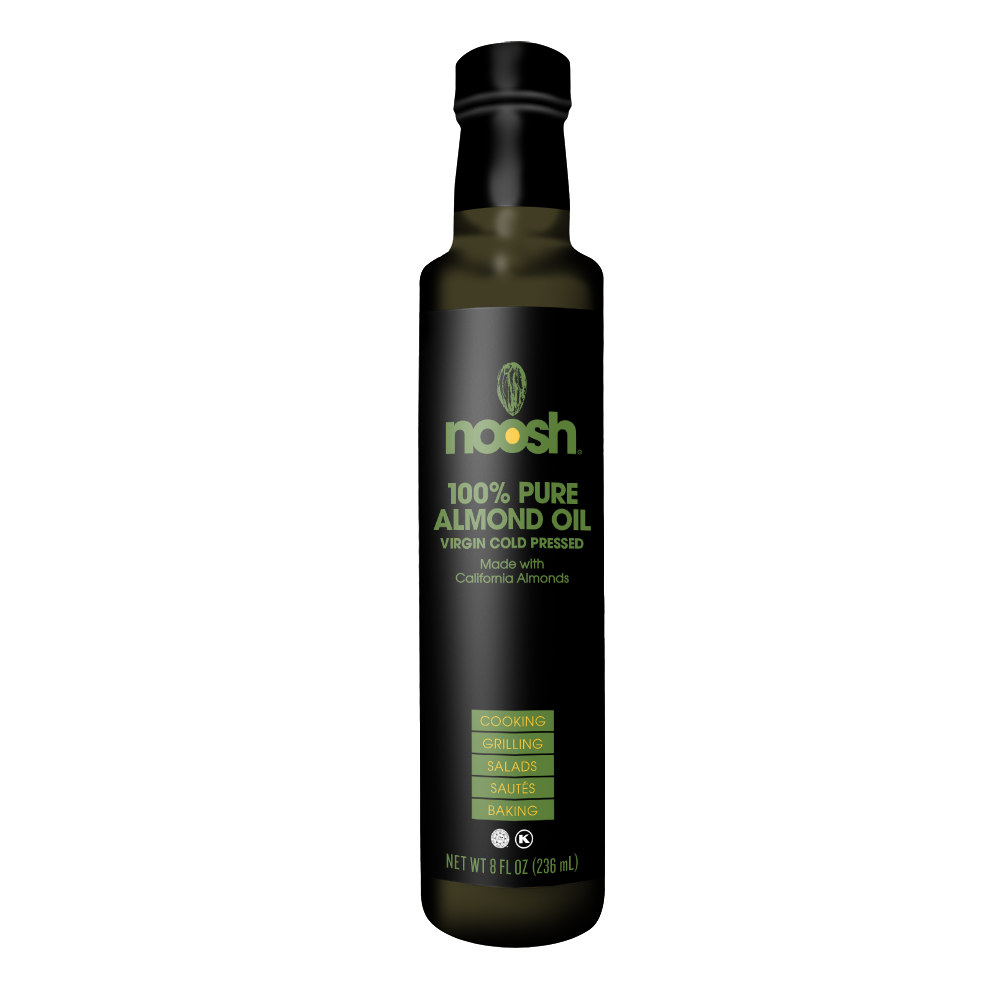
Almond Oil: What Can You Cook?
You must ensure that almond oil works well with your food recipe when cooking. Simply put, cold-pressed oil gives strong flavors to food, but it is unstable at high temperatures. Refined oil, contrary to popular belief, is less flavorful than cold-pressed oils and can withstand high temperatures cooking like baking or frying. If your recipe requires frying, baking, or other high-temperature cooking, then you should use the refined oil. In case, you don’t like the strong aroma of nut oil, then also go for the refined almond oil.
In order to reap the benefits of almond oil and enjoy its mild flavor, use of cold-pressed almond oil, but restrict it to cold dishes and drizzling over salads. High heat can reduce its nutrition and nutty taste. Consider using both raw and chilled almond oils for baking delicious goodies. You can use almond oil to make food recipes.

A selection of heart-healthy fats and oils
It’s gone a long time since one had to use a small bottle of good-quality vegetable oil as he preferred cooking oils. There are now almost infinite options available for all types of oils and fats, good or bad.
When there are so many oils out on the marketplace, how do you know what oil to use and when? What oils work best for baking? Which oils can be used in fried foods To answer all of your questions related to cooking and baking with fats and oils we’ve prepared a helpful guide to all of the flavors of oils you’ll find lining the shelves of Midtown Market.
Origin: This oil is extracted from sweet almonds. (Sweet almond oil can be used for internal use. Bitter almond oils should not be used for cooking, as they are intended for external use only.
Flavor description: This oil has a smooth and buttery flavor. Almond oil also has a sweet and nutty taste.
Due to its high smoke points, almond oil can be used best in cooking.
As a final oil, unrefined almond oils should be used for dressings, soups, and fish. If heated at high temperatures it won’t work.
You can add a sweet, crunchy flavor to your baked goods (e.g. muffins, cookies, cakes) Just replace 1/4 cup of vegetable oil with a 1/2 cup of almond oil when baking.
has mild antioxidant properties
Contains high levels of Vitamins E, B and P
This contains monounsaturated, linoleic and Omega 9
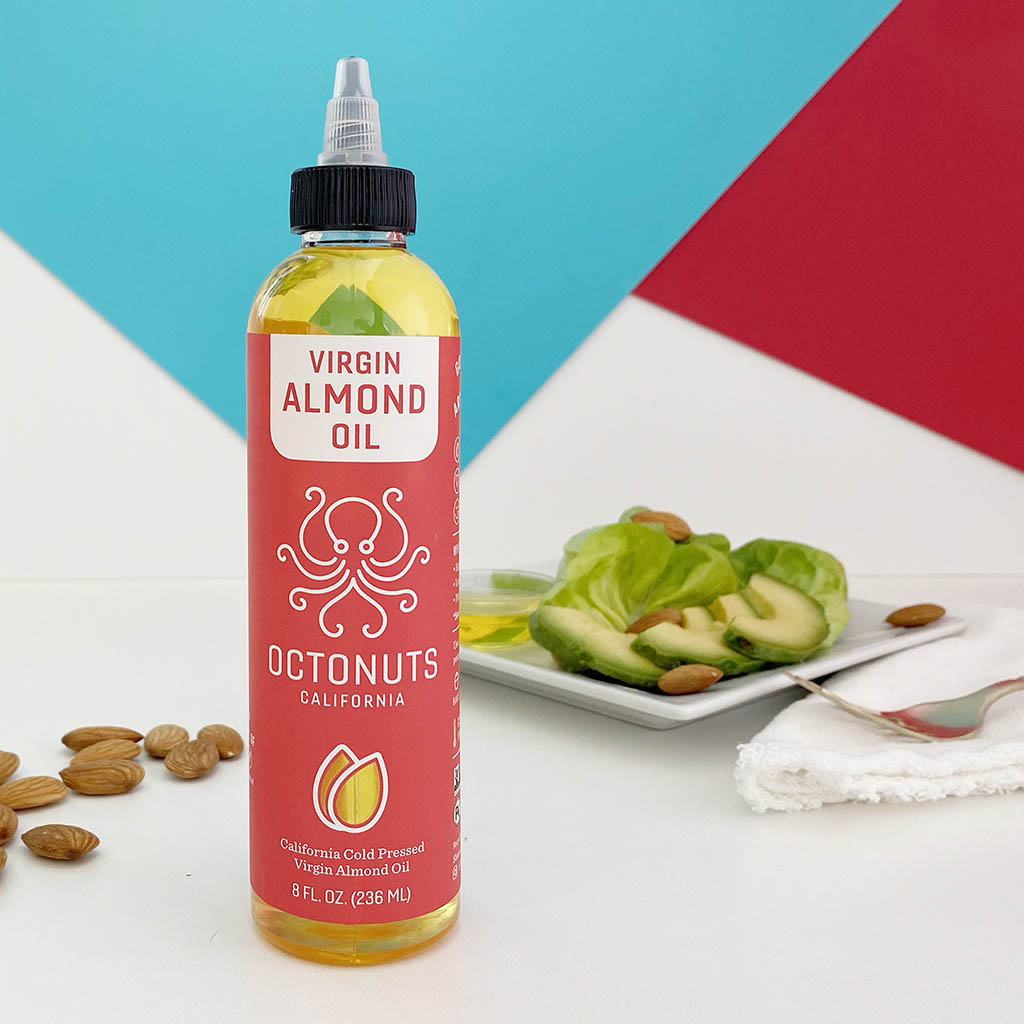
1. Increased Heart Health
Your bloodstream is vital for oxygenation and nutrition. How efficient your body functions is directly affected by the condition of your heart. This makes heart health very important. Almond oil consumption has been associated with improved heart health.
Monounsaturated fats are the key to this link. Some types of fats like saturated and trans fat negatively impact your overall health . Monounsaturated Fat is considered healthy and beneficial for health. A majority of the fat in almond oil is monounsaturated fat, meaning it is better for your heart than other cooking alternatives. 1 tablespoon of Almond oil (1 Tbsp. of Almond oil provides 10g of monounsaturated fat.
Study after study has demonstrated that substituting carbohydrates with monounsaturated fatty acids can help lower blood pressure and improve cholesterol levels. It also reduces your chances of having heart disease. Monounsaturated oils can lower bad LDL cholesterol, and raise good HDL cholesterol. These almond oil benefits contribute to a healthy heart when paired with a healthy lifestyle.

3. Blood Sugar Control
“Blood sugar” is the level of glucose in your bloodstream. This helps to provide energy to your cells. For your health and well-being, keeping your blood sugar in control is vital. For people with diabetes, it is especially crucial to maintain healthy blood sugar levels.
Research shows that almond oil, which is monounsaturated in fat, can stabilize the blood sugar levels of adults suffering from type 2 diabetes. Making simple diet changes like adding almond oil to your cooking, can help keep your blood sugar stable and healthy.
It seems counter-intuitive to include fats in your diet when you are trying to lose weight. Healthy fats, on the other hand, have a positive effect on weight loss. One study showed that a diet high in monounsaturated fats promotes benefits in weight loss and body composition Monounsaturated fats like those in almond oil support several important functions, including:
You can provide energy for your body.
Essential fatty acids that the body cannot produce by itself.
Construction of cell walls
Helping to absorb vitamins A-D, E, K.
Protecting and insuring your body.
There are many factors that go into weight loss. Diet changes by themselves often don’t work. Substituting almond oil in place of other saturated and/or trans fats can help you lose weight, maintain your weight, and even improve your overall health.
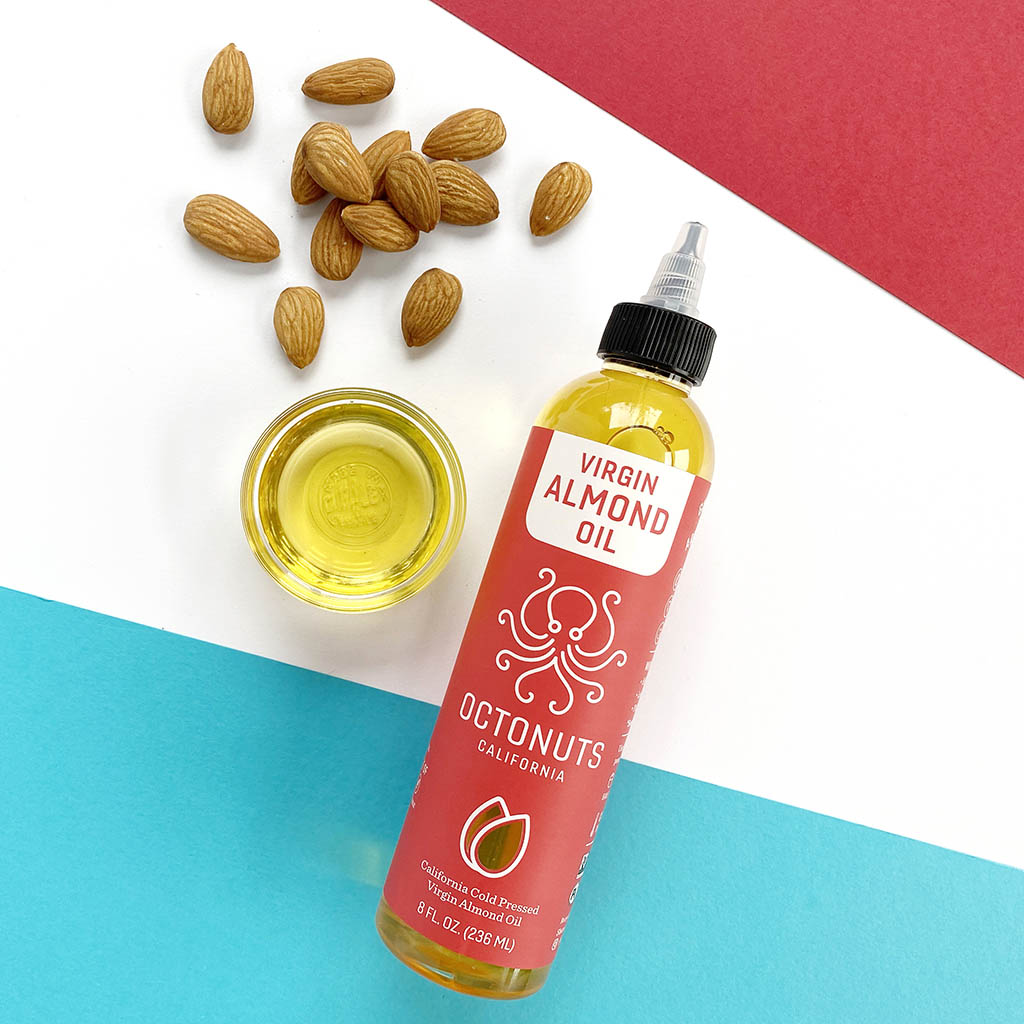
Keep an Eye Out for the Smoke Point
Smoke point is the key factor in oil cooking. This can affect the effects of oil on food, and the overall health of the body. McNeill states that when an oil is heated, it starts to smoke. The oil will destroy any antioxidants or create potentially harmful free radicals. That’s why she always recommends choosing an oil with a high smoke point over those with a low smoke point.
The oils with the highest smoke points, which is 400°F or higher, include almond oil (refined), avocado oil, sunflower oil and peanut oil. Because these oils can be used at higher temperatures to cook, the nutrients and phytochemicals in them are more easily destroyed by overheating. Also, burning oil can create dangerous free radicals. This is a major reason why plant-based food is so popular. Smoke points are important because they determine how much nutrition you can get from oils and which carcinogens your food contains.
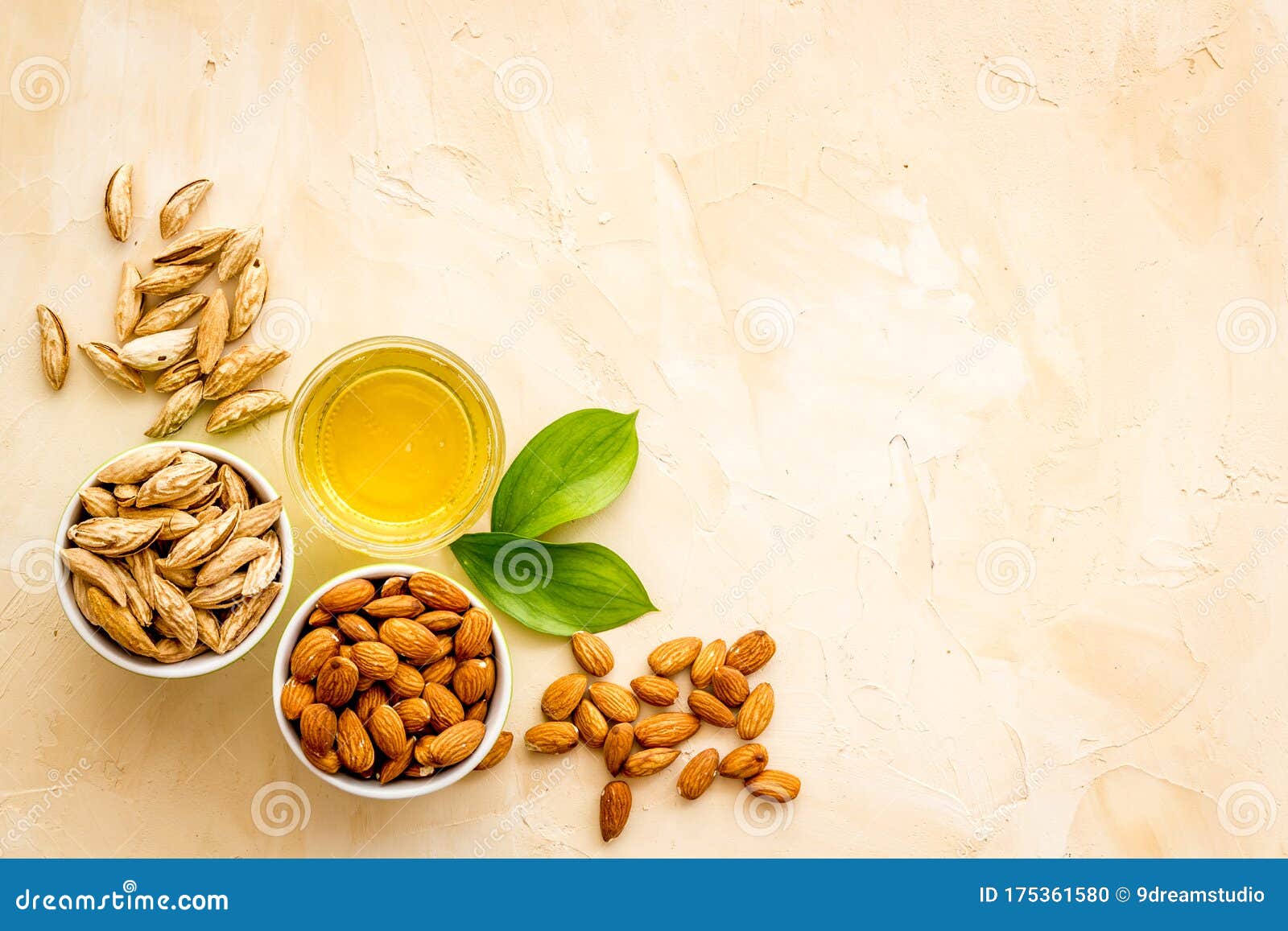
Almond Oil: How to Reap the Health Benefits
Use almond oil in your cooking if you are looking to increase your intake of vitamin E. You should look for products that are labeled “foodgrade” or “for culinary use”. The manufacturer can confirm whether or not the almond oil is edible.
You should also keep almond oil at room temperature. This will help preserve its nutritional properties. Do not eat any oil that hasn’t been properly stored or is nearing its expiration.
You should also follow all instructions on how to cook the product. Refined almond oil can be used for pan-frying but some oils made from cold-pressed almonds may not work well for this purpose.
/best-oils-for-skin-5088968-v1-a542b6a0c89d44bdbfb3258223afe30b.jpg)
How To Cook With Almond Oil
LeafTV Contributor: Nut oils are becoming increasingly popular after their many health benefits were made public.
You can find almond oil in both a refined or cold pressed form. What type of almond butter you have will dictate the method that you use. To get the best flavor and health benefits out of your almond oil, follow these steps.
Examine your recipe. Consider the cook method and butter type. For dishes that need high heat like baking or frying you should use refined almond oils.
Choose your almond oil based on the cooking method. Refined should be used for baked and fried dishes while cold pressed is best for cold applications. Refined almond oil is not as flavorful as cold pressed, but it is more stable at higher heats. Refined almond oil is better for heating or in recipes that do not require a strong almond flavor. The almond-flavored oil from cold pressed almonds is rich in flavor.
Baked dishes can be made with 1/4 to 1/2 cup oil, butter, or cold pressed almond oils. The almond oil will impart a subtle nutty flavour to your baked dishes. It is also a great way to add complementary flavors. The more almond oil that you substitute for butter or vegetable oils, the stronger the almond flavor of your final product. Refined almond oils can also be substituted for the butter or vegetable oil in baked goods that do not taste strongly like almonds.
Cold pressed almond oil can be used in place of all the oil, such as to drizzle on a dish or make salad dressings. This almond oil can be used as a finishing touch for salads that include almond-crusted fish or salads with slivered almonds. Just as in baked dishes, the more almond oil used, the greater the nutty flavor.
Replace all of the oil or butter in high heat cooking methods such as frying, sauteing, and baking with refined almond oil.
Continue cooking the dish following your almond oil substitution recipe.
Can I Use Almond Oil Instead Of Vegetable Oil?
Refined Almond Oil is the exception – it has a higher smoke point and thus can be cooked with. Almond Oil can be used as a baking ingredient to give nutty and toasty flavours to cookies, cakes, muffins, or cinnamon buns. Almond Oil can easily be substituted for the usual 1/4, 1/2 or full cup of butter or vegetable oil.
Almond oil can be used for what?
You can use it as a makeup remover, natural hair or skin moisturizer, or as a silky massage oil. Almond oil could help to protect your skin from the sun and reduce stretch marks. You can use it as a moisturizer or massage oil, and even to remove makeup.
Which Is Better Olive Oil Or Almond Oil.
Almond oil, as well Olive Oil are both equally good for treating dry skin. Almond oil, however, is rapidly absorbed into the skin. Almond Oil, which has a milder and more pleasant aroma than Olive Oil, is an excellent Natural Oil to treat dry skin. Oct 6, 2020
How is Almond Oil good for deepfrying?
A refined version of almond oil is best for baking and frying. … It contains less saturated fats that all common cooking oils.
.Almond Oil For Cooking

